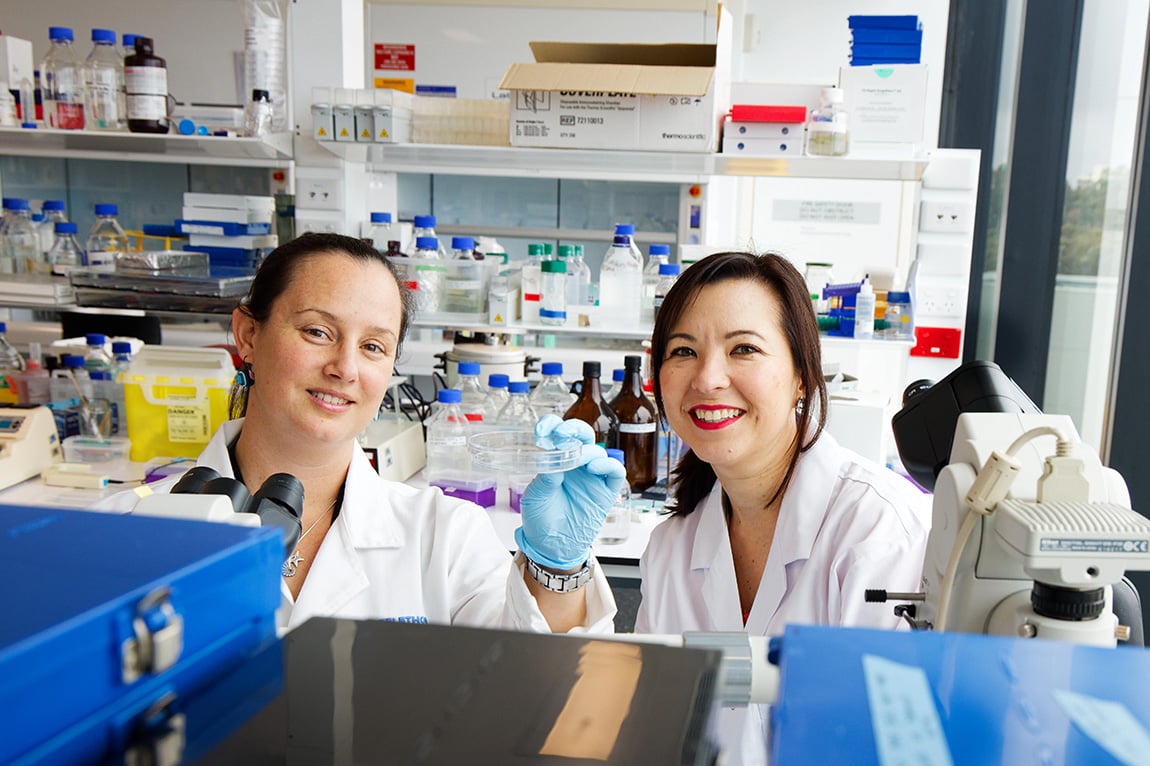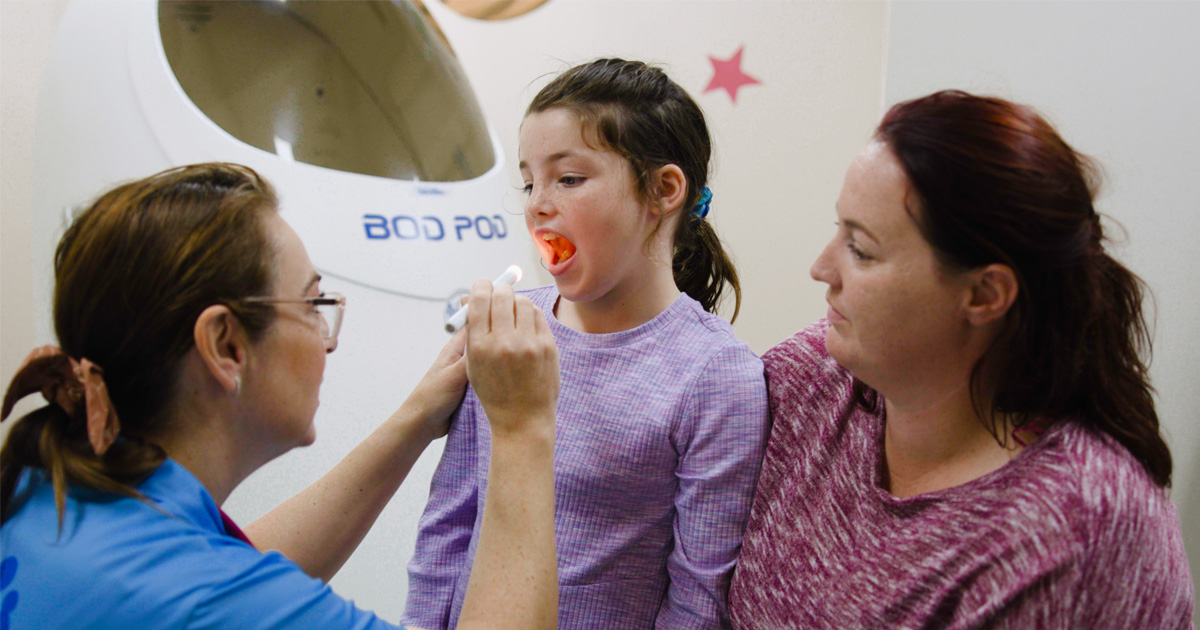Search

Flare-ups of asthma are usually brought on by respiratory infections, such as the common cold, and are one of the most common reasons for a child to miss school or require emergency care.

Dedicated to preventing and managing chronic conditions in children, such as respiratory disease, diabetes, and cancer. This theme focuses on research to reduce the long-term impact of these conditions on quality of life and healthcare systems.

Many parents may be feeling anxious and confused about what COVID-19 means for pregnant women, babies and children.

Eight The Kids Research Institute Australia-led projects will benefit from a Western Australian Government boost to health research for the State’s children and young people.

ORIGINS' SYMBA study awarded State Government grant to extend vital research into allergies

As one of Telethon’s long-standing beneficiaries, we are proud to once again be taking part in Telethon Weekend on 25 and 26 October at the Perth Convention and Exhibition Centre.

In an Australian-first study, researchers at The Kids Research Institute Australia are investigating the effects of COVID-19 on the wellbeing of more than 2,000 families in the northern suburbs of Perth, measuring their perceived stress, financial hardship and family functioning during the pandemic.

A collaboration between The Kids Research Institute Australia and Joondalup Health Campus is poised to be a game-changer for early childhood development.

A Quinns Rocks family who became the 1000th family to sign up for the ORIGINS Project is excited to be contributing to such ground-breaking research.

A substantial funding boost from the Stan Perron Charitable Foundation will help to further extend one of Australia’s biggest longitudinal child health research studies centred around families from the Joondalup and Wanneroo communities.
